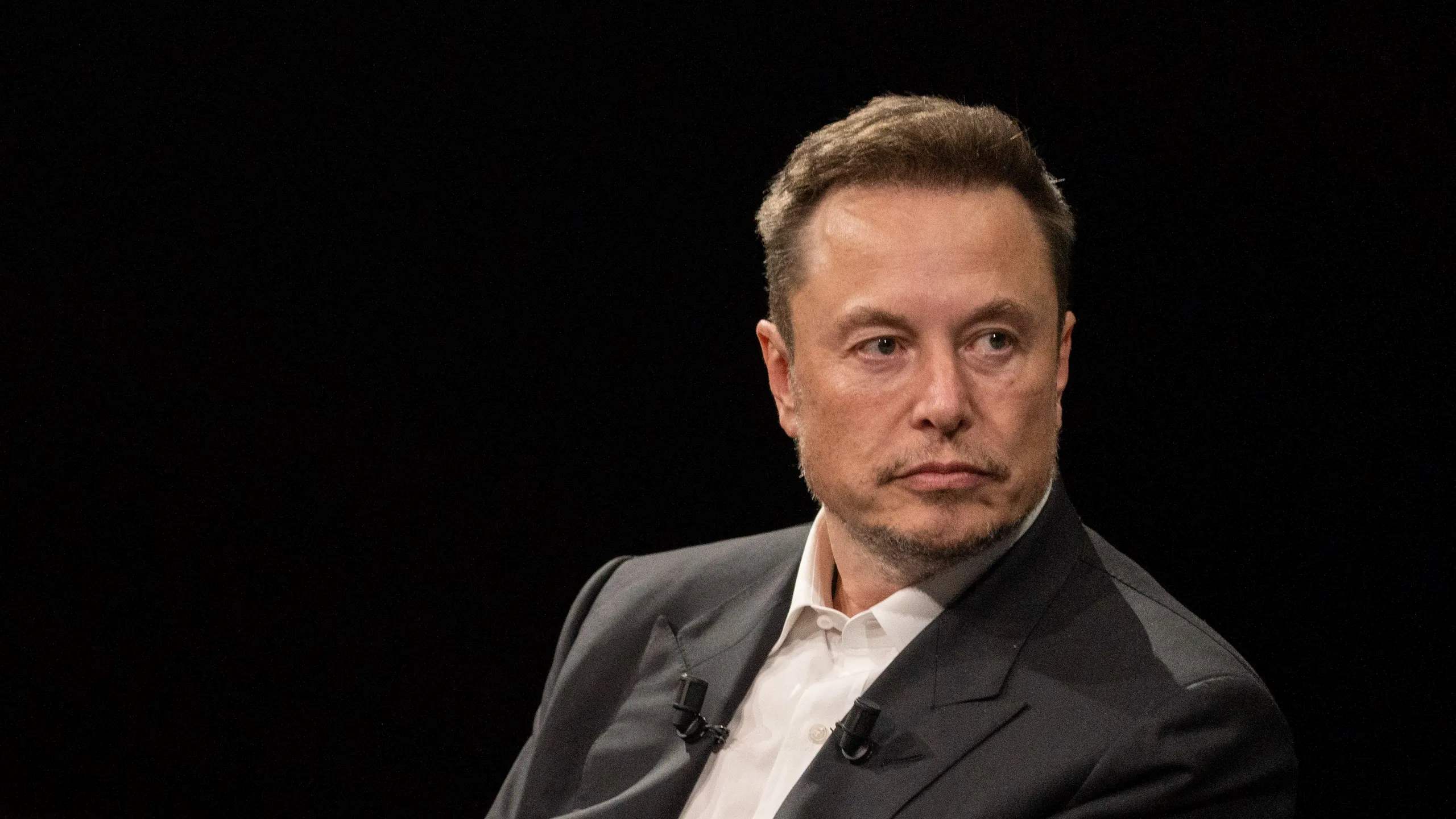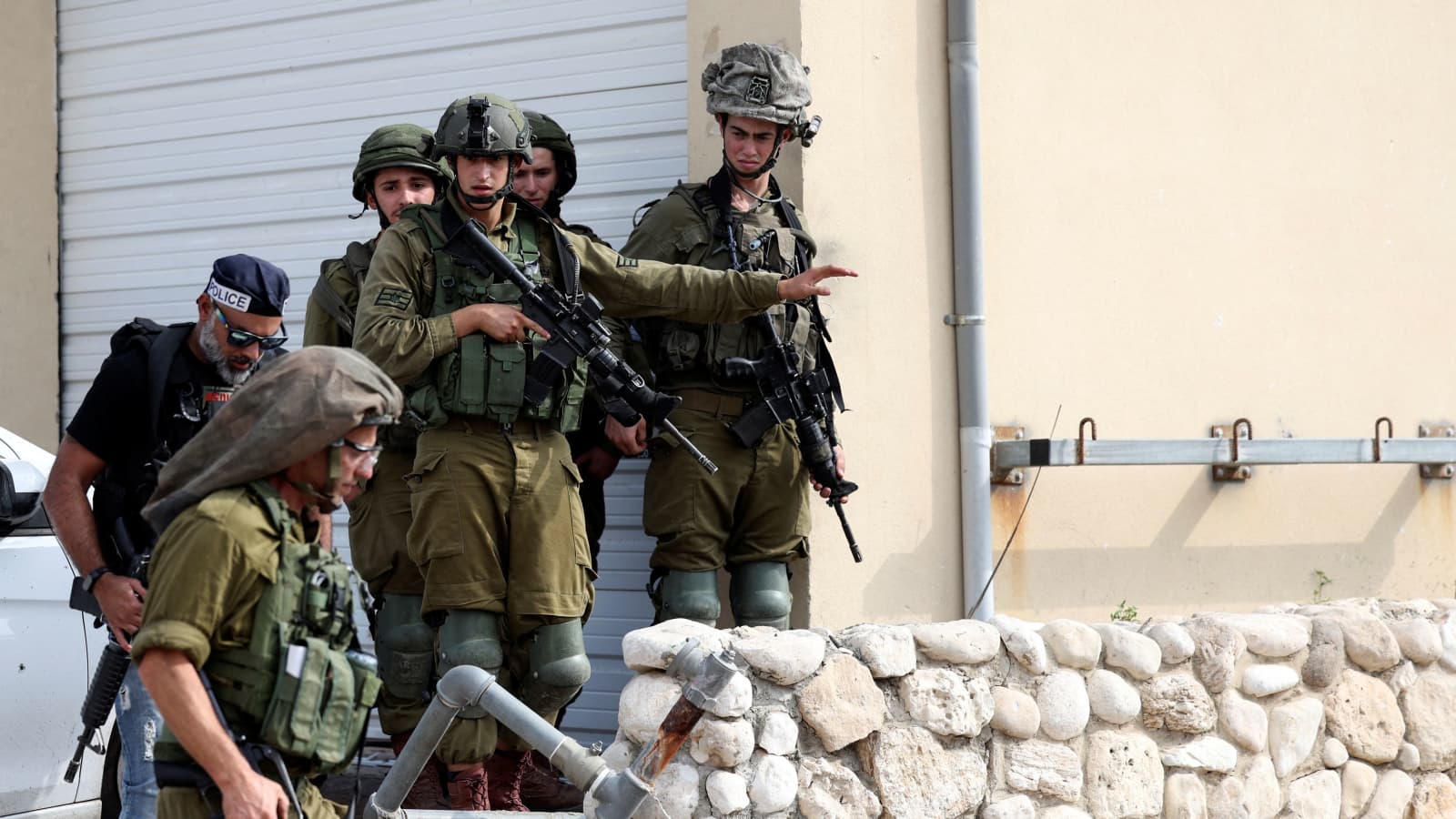In the midst of increasing scrutiny and public debate surrounding the handling of sensitive and graphic content on social media platforms such as X (formerly Twitter), Meta, and TikTok, Telegram CEO Pavel Durov has taken a controversial stance. Despite facing criticism for allowing videos related to Hamas on his messaging app, Durov has defended Telegram’s decision to continue hosting “war-related content,” emphasizing the importance of providing an information channel for its users.
Key Takeaway
Telegram CEO Pavel Durov defends the app’s decision to host “war-related content” amid controversy, emphasizing the importance of preserving a source of information in dire times. Despite criticism, Durov believes that Telegram’s role differs from other social media platforms, as users only receive content they specifically subscribe to.
While other social media platforms face pressure from regulators and public opinion, Durov distinguished Telegram as a platform where users only see content to which they subscribe. However, this statement overlooks the fact that content posted on Telegram can still be shared within and outside the app.
Durov took to Telegram today to address the issue. In his post, he highlighted that Telegram’s moderators and AI tools diligently remove millions of obviously harmful content from their public platform. Nevertheless, he further justified the app’s decision to allow sensitive “war-related coverage,” acknowledging the complexity of tackling such content. Durov did not explicitly define the boundary between “obviously harmful” and “war-related coverage.”
Citing an example, Durov mentioned how Hamas used Telegram to warn civilians in Ashkelon to evacuate before missile strikes. He raised the question of whether shutting down their channel would save lives or potentially endanger more. His comments come at a time when Telegram’s role in disseminating information, not limited to Telegram channels, has faced scrutiny and criticism.
The immediate aftermath of the recent terrorist attacks witnessed the posting of graphic and unedited videos on Telegram by Hamas and its affiliates. Mainstream media and individuals then extensively referenced these posts, sometimes linking directly to Telegram or resharing the content. Consequently, Telegram has faced accusations related to its involvement in disseminating this information.
An unfavorable perspective could suggest that Telegram is benefiting from the situation by driving more traffic to its platform. Durov himself acknowledged that “hundreds of thousands” of new users from Israel and the Palestinian Territories signed up for Telegram shortly after the attack. Additionally, Telegram added support for Hebrew in its user interface.
Durov’s stance and actions align with Telegram’s history of handling sensitive content differently from social media apps. He has consistently emphasized the app’s unique nature, highlighting that Telegram channels primarily serve as sources of first-hand information for researchers, journalists, and fact-checkers. However, this approach has drawn controversy in the past. While Telegram has become a crucial communication platform during events like the war in Ukraine, it has also been a breeding ground for misinformation and a platform utilized by both resistance groups and those supporting the current regime in Myanmar.
Telegram’s decision to host “war-related content” has sparked debate surrounding its role in facilitating the dissemination of sensitive and graphic material. As discussions about the responsibility and regulation of social media platforms continue, Telegram remains a contentious player in the landscape.

























